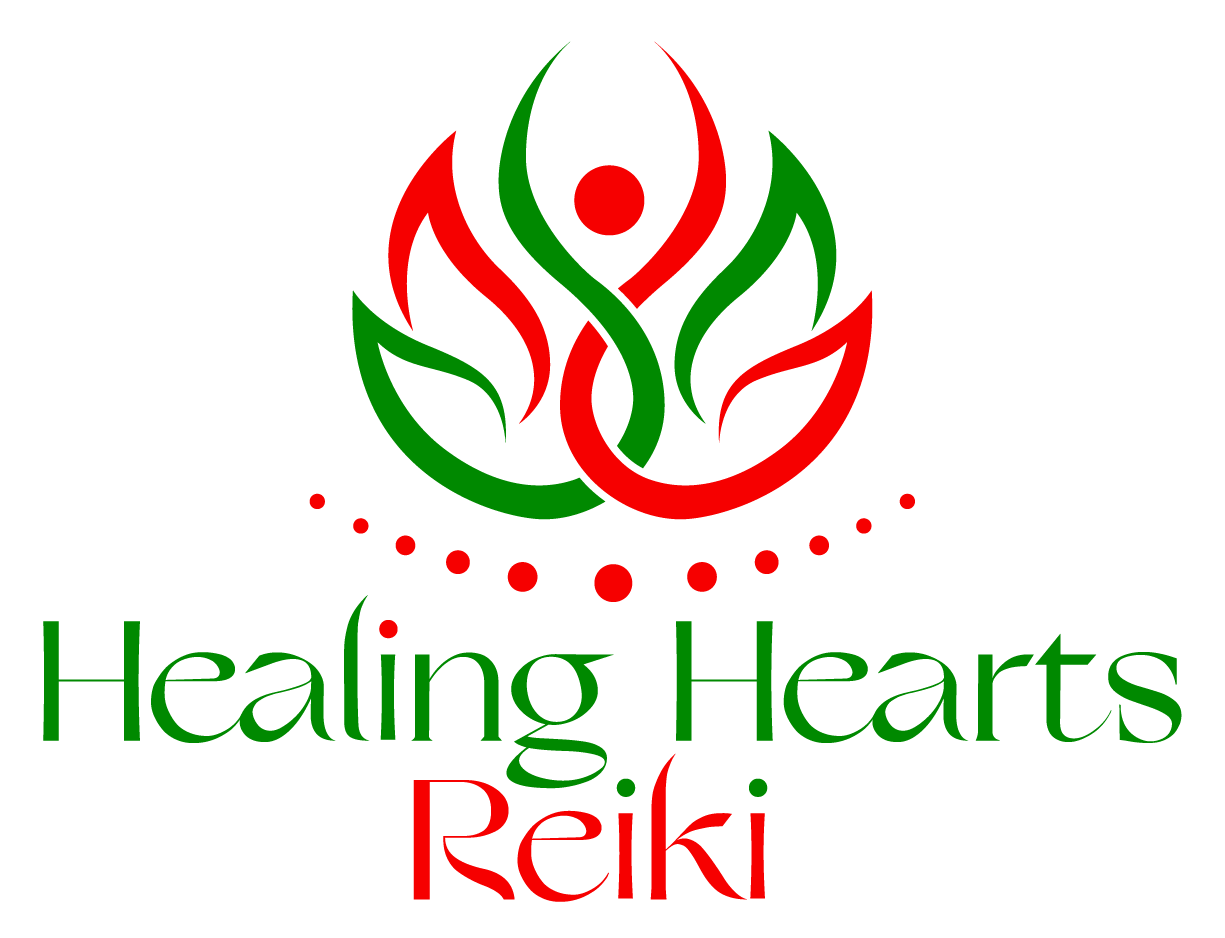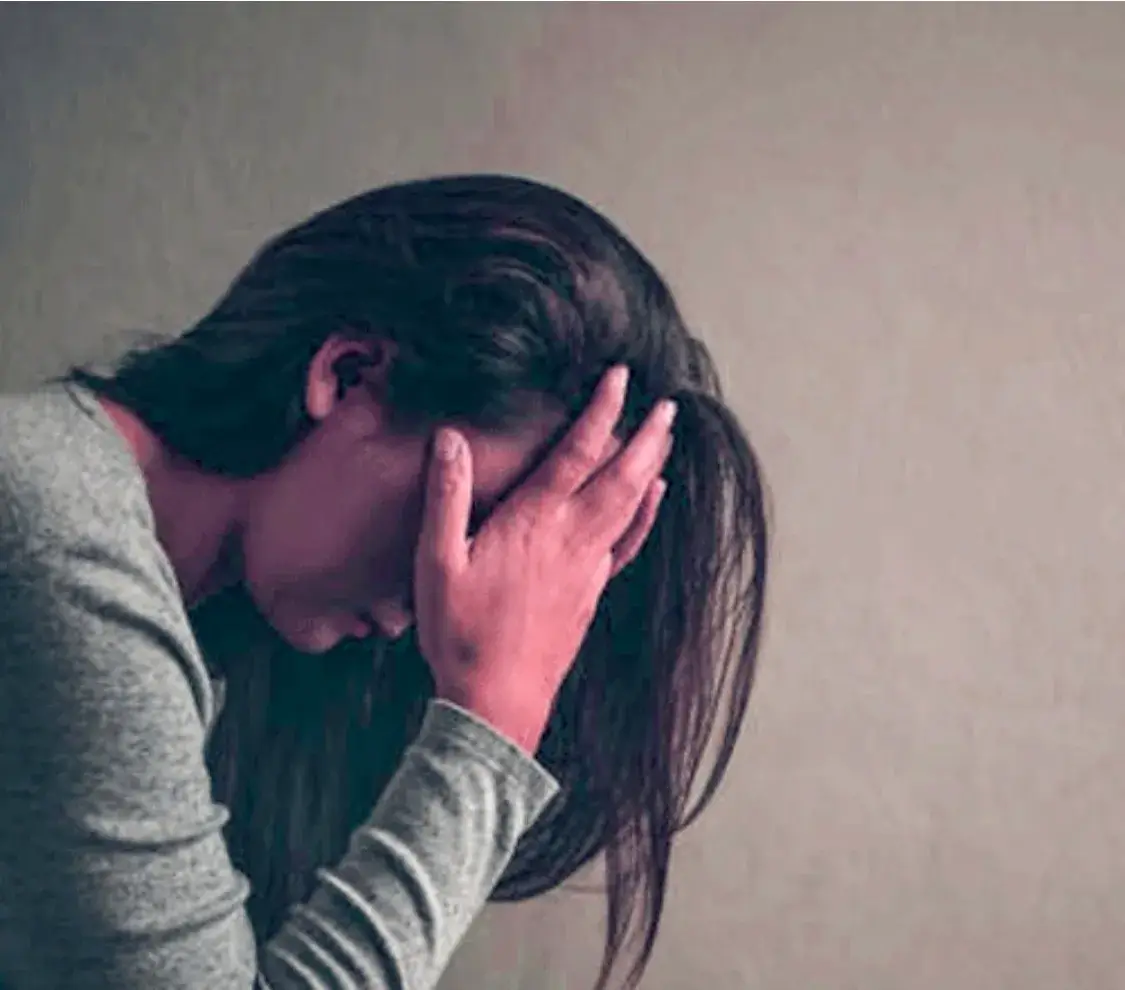In general, people often resort to conflict when they experience emotional pain or hurt. This phenomenon can be observed in various situations, ranging from mass shooters who claim to have been wronged by their victims, to spouses who lash out when they feel unloved. The aggressive and angry expressions we witness are often a manifestation of the personal pain each individual is grappling with.
Regrettably, in recent times, our focus has shifted towards the fear of people’s anger and actions, rather than delving into the root causes of their pain. As a society, we seem to be neglecting the critical importance of acknowledging when we or others are hurting. It’s a concerning trend, as hurt individuals often perpetuate the cycle of pain by causing harm to others. The alarming surge in various aggressive acts, from mass shootings to the alarming rise in depression, suicide among teenagers and young adults, and substance abuse, including domestic violence, illustrates the pervasive nature of this problem.
This complex landscape is further complicated by issues such as gender identity confusion, generational entitlement, political turbulence, and vaccine controversies, creating a multifaceted challenge. Our society is grappling with widespread pain and hurt, and unfortunately, our attention is often fixated on the destructive and confrontational aspects of these emotions.
Perhaps, if more people could recognize that their anger is, in reality, a plea for assistance stemming from their own pain, our public discourse could shift from sensationalized crime and shame shows to programs that emphasize eliminating hurt by fostering love, empathy, active listening, and compassionate responses. A world where we prioritize being better listeners and more loving individuals could be a brighter and more harmonious place for everyone. Reiki for Depression can play a role in this shift, offering a holistic approach to healing emotional pain and promoting inner peace and well-being.

